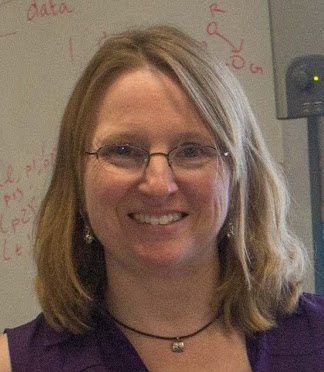What Happens When Students Switch (Functional) Languages (Experience Report)
Abstract
Supplementary Material
- Download
- 2.61 MB
References
Index Terms
- What Happens When Students Switch (Functional) Languages (Experience Report)
Recommendations
Pycket: a tracing JIT for a functional language
ICFP '15We present Pycket, a high-performance tracing JIT compiler for Racket. Pycket supports a wide variety of the sophisticated features in Racket such as contracts, continuations, classes, structures, dynamic binding, and more. On average, over a standard ...
Pycket: a tracing JIT for a functional language
ICFP 2015: Proceedings of the 20th ACM SIGPLAN International Conference on Functional ProgrammingWe present Pycket, a high-performance tracing JIT compiler for Racket. Pycket supports a wide variety of the sophisticated features in Racket such as contracts, continuations, classes, structures, dynamic binding, and more. On average, over a standard ...
Modular language implementation in Rascal - experience report
All software evolves, and programming languages and programming language tools are no exception. And just like in ordinary software construction, modular implementations can help ease the process of changing a language implementation and its dependent ...
Comments
Information & Contributors
Information
Published In

Publisher
Association for Computing Machinery
New York, NY, United States
Publication History
Check for updates
Author Tags
Qualifiers
- Research-article
Funding Sources
Contributors
Other Metrics
Bibliometrics & Citations
Bibliometrics
Article Metrics
- 0Total Citations
- 433Total Downloads
- Downloads (Last 12 months)356
- Downloads (Last 6 weeks)35
Other Metrics
Citations
View Options
Get Access
Login options
Check if you have access through your login credentials or your institution to get full access on this article.
Sign in
